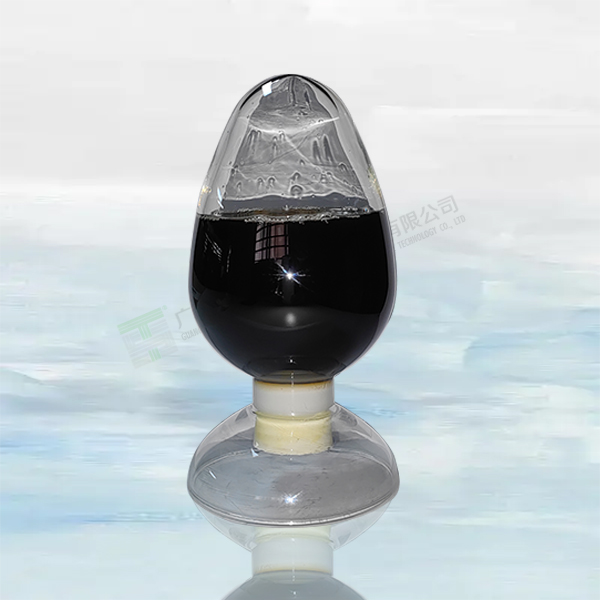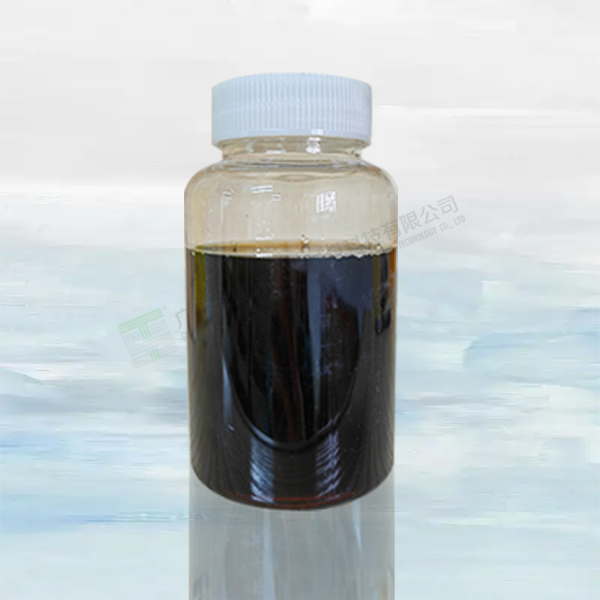

Traditional refining requires the use of chemicals such as strong alkali or soda, which not only hardens the feel but also has a negative impact on the environment. Traditional pre-treatment not only involves managing a large amount of chemicals, but also involves multiple washes, high-temperature treatment, sewage discharge, and fiber damage, all of which have an impact on the factory
Tiansheng Chemical's composite refining is a mild biological pre-treatment process that replaces traditional refining
Composite refining enzymes are used in the pre-treatment process of cotton knitted fabrics, which can effectively remove pectin, wax, and other associated impurities on cotton fabrics, while achieving good moisture absorption and leveling effects
Compared with traditional refining, biological refining has many advantages in terms of quality, process, and environmental protection:
Process: Reduce water usage, shorten pre-treatment time, and reduce steam consumption
Fabric quality: low strength loss, less weight loss, deep dyeing, and soft hand feel after treatment
Environmental protection: reducing sewage load, safe and easy to use
|
Product |
Temperature(° C) |
pH |
Dosage and equipment (rope dyeing machine, jet dyeing machine, etc.) |
|
Compound refining enzyme |
50-60/80 |
6.0-8.0 |
1-2% by fabric weight |
Figure 1 Comparison of Traditional Alkali Cooking Process and Biological Refining Process of Composite Refining Enzymes for Typical Knitted Fabrics in Jet Dyeing Machines
The use of composite refining enzymes does not require the addition of additional additives, such as penetrating agents, defoamers, etc. If chelating agents such as chelating agents, dispersants, and water softeners are used in the alkaline cooking process, then biological refining Equal addition and use are also required in the process
|
Comparison |
Compound refining enzyme |
Alkali boiling process
|
|
pH |
6-8 |
13-14 |
|
Temperature |
50/80 ° C |
95-100 ° C |
|
Pectin residue rate |
< 15% |
10-15% |
|
Weightlessness |
< 3% |
3-8% |
|
Moisture absorption, drip test |
< 1-3 seconds |
< 1-3 seconds |
|
Breaking strength,% compared to before treatment |
90-100% |
85-95% |
|
Oxygen bleaching performance |
Same | |
|
Dyeing performance |
Dark and medium depth colors have the same effect |
|
|
Wet rubbing fastness |
Same | |
|
Water washing fastness of multi fiber cloth |
Same | |
|
COD |
60-70% |
100% |
Composite refining enzymes are ready-to-use products
Provide guidance on safety, operation, and storage for all products
About
Brief introduction Application Certificate Laboratory Connectproduct
Post finishing agent Enzymatic water Brightener Printing/Coating Additives MoreNews
Dynamic Lnformation Common
Mobile website

TRL:+86 0769-88124837
Chinese mailbox:dgtshdrl@163.com
English mailbox:postmaster@tianshengchem.com
Guangdong Tiansheng Environmental Protection New Material Technology Co., Ltd. Copyright © 2023 all rights reserved